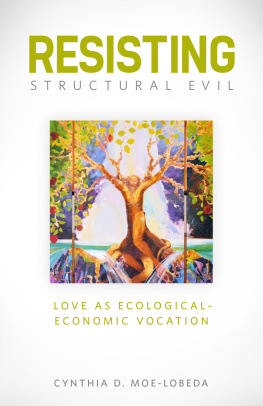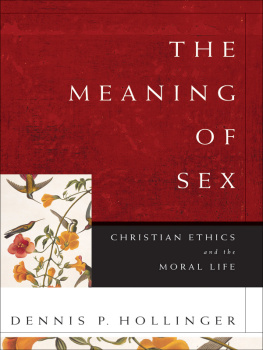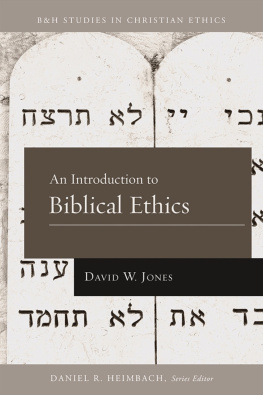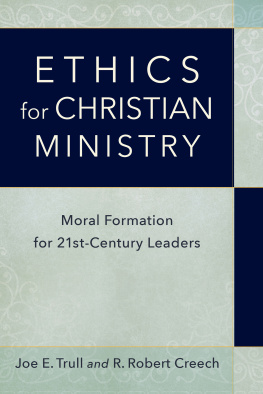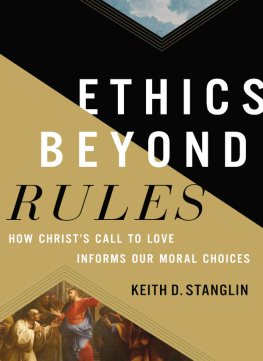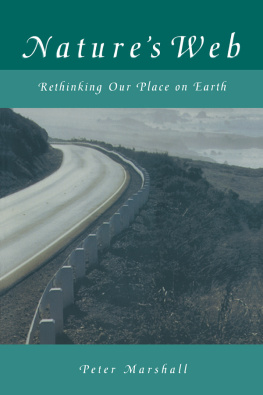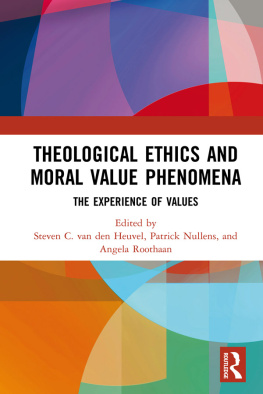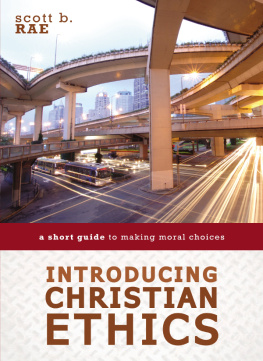What others are saying about this book...
This is a grand prophetic book motivated by love and focused on justicesocial justice, ecological justice, and dignity for the least of these. Dont miss it!
Cornel West
Cynthia Moe-Lobedas Resisting Structural Evil: Love as Ecological and Economic Transformation takes the form of a powerful contribution to Christian ethics, but in fact it is also a major contribution to anyone in any religious or spiritual tradition who seeks to maintain both a commitment to God and to global healing and transformation. Easily accessible and charming in presentation, deep in its ability to confront difficult issues squarely and in a nuanced way, courageous in insisting that we see reality not only as it is but as it could be if we were willing to be unrealistic for a few moments, manifesting daring of thought combined with a pervasive humilitythis is a true classic of spiritual progressive consciousness, packed full of ideas that should be taught in every college and university and religious seminary, every church, synagogue, mosque, and ashram!
Rabbi Michael Lerner, editor, Tikkun Magazine; chair, The Network of Spiritual Progressives
Moe-Lobeda provides a powerful resource for those who want to understand and face structural evil by exploring ways to resist and dismantle it. Written in clear and lucid prose, she provides us a compelling and at times moving testament that we matter in the work for justice and sustainable relationships between humans and the earth. This is an invitation to embrace a future in which we live in ways so that abundant life is available for all and the world no longer groans from the violence we visit upon it. Moe-Lobedas deep and grounded spirituality moves us away from the fresh hell of human and ecological violence to the abiding hope that we can and must make a difference by changing the ways we live in Gods good creation.
Emilie Townes, Andrew W. Mellon Professor of African American Religion and Theology, Yale University
This book is a gift to all... consumers looking for a way out of their addiction. Those of us (myself included) who know our excessive consumption is causing ecological and economic disasters should read Professor Moe-Lobedas new book. It is the best one-volume analysis of our moral dilemma I know of and, even better, it suggests principles and practices to help deal with it.
Sallie McFague, E. Rhodes and Leona B. Carpenter Professor of Theology Emerita, Vanderbilt University, and Distinguished Theologian in Residence, Vancouver School of Theology
The vast majority of the writing and speaking that surrounds us in the newspapers, magazines, books, radio, television, and university classrooms and lecture halls takes for granted the basic structures and practices of the present world order, despite their rendering billions of people destitute and the planet uninhabitable. The best of it, for the most part, tells us how to moderate the evils of the system without redirecting it. A very small part deals with the system as a whole and its unthinkable consequences. Within that part still less combines unflinching realism with a convincing gospel of hope. This book is a shining example of this tiny body of writing that responds wisely and well to what is incomparably the most important need of our time. May it initiate, at least among Christians, the widespread metanoia apart from which the world will not survive.
John Cobb, Ingraham Professor of Theology, Emeritus, Claremont Graduate School
This book is about the moral oblivion that hides the structural sins that we commit via the built-in economic exploitation of other people and of Gods good but finite Creation. Attention is given to the spiritual sources of love, courage, and discernment needed to challenge the overwhelming present force of economistic idolatry. Christians should especially welcome this book, but others will also find it valuable.
Herman Daly, former senior economist, Environmental Department, World Bank; professor emeritus, University of Maryland, School of Public Policy
This is great.... We badly need new doors into the greatest set of problems humans have ever faced. This prayerful amalgamation of deep concern for social justice and a healthy mystic sense of what might inspire itits a blend that could provide great help.
Bill McKibben, leading American environmentalist, author, journalist, and Schumann Distinguished Scholar-in-Residence at Middlebury College
With a holy impatience, Cynthia Moe-Lobeda joins Jesus and the prophets of Israel by doing biblically based, analytically tough shock therapy on the corporate powers that are wrecking our earth, exploiting the poor, and blinding our eyes. It is a wake-up call to somnambulant Christians. This book is theopolitical dynamite!
Daniel Maguire, professor of ethics, Marquette University
At a time when religious morality seems narrowly focused on personal behaviors, Cynthia Moe-Lobeda reminds us that the biggest sins of all are those we do not readily see in our daily lives. Through powerful stories of suffering and exploited people around the globe, and a clear analysis of the institutional and economic sources of injustice, she calls our attention to the ways by which our lifestyles, without our seeing it, lead to death and misery far from our shores. She asks us to understand that loving our neighbor requires far more than personal charity and goodwill; in fact, it requires a fundamental change in our hearts and our society. But though it challenges us profoundly as people of faith, this book is no grim jeremiad; it offers profound hope, vision, and ideas for remaking our world in justice while becoming more contented ourselves. It should be required reading for Bible study groups and all who care about the impact of their lives in the wider world.
John de Graaf, film-maker
Cynthia Moe-Lobedas book is one of the strongest statements yet to be made on the intricate connections between ecology and justice. The powerful stories and persuasive arguments lay the groundwork for the necessary transformations ahead. It will be a catalyst for change!
Mary Evelyn Tucker, co-director of Forum on Religion and Ecology, Yale University

